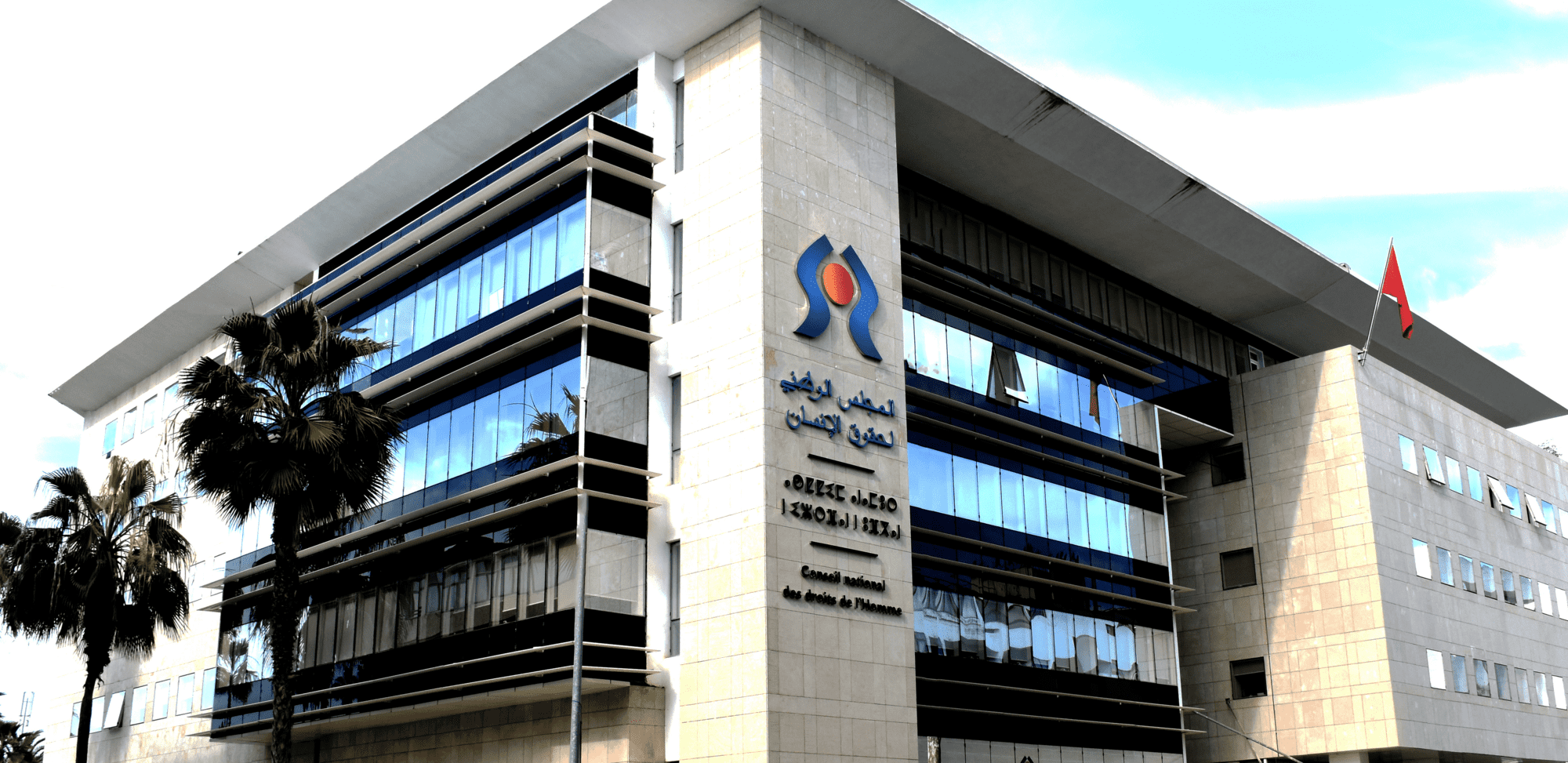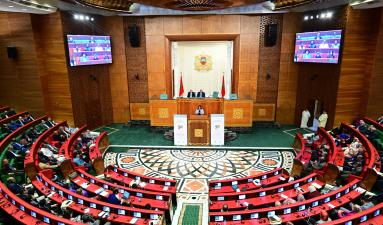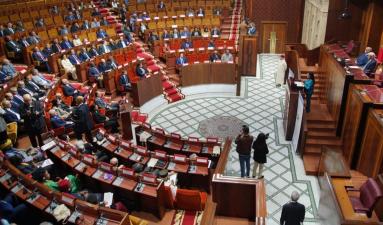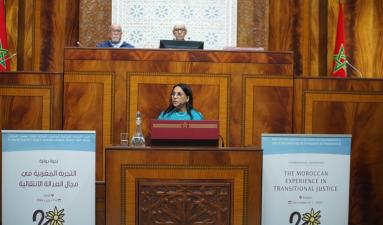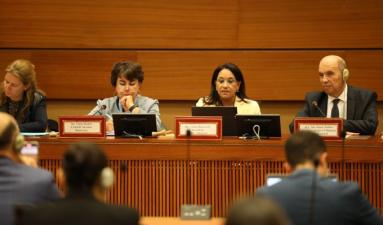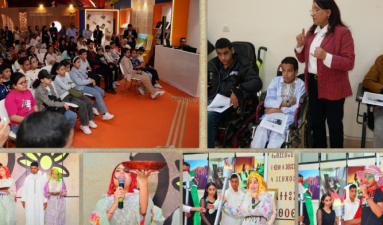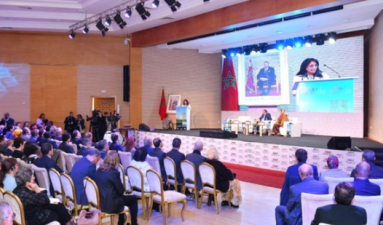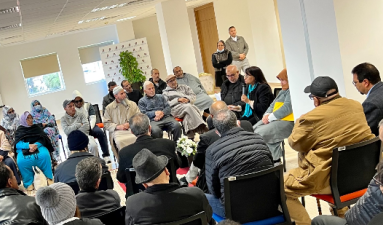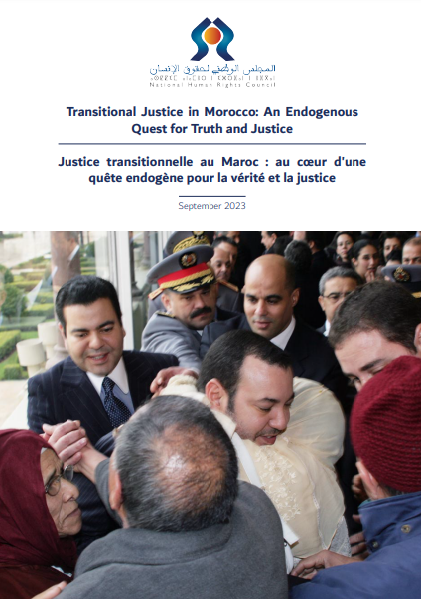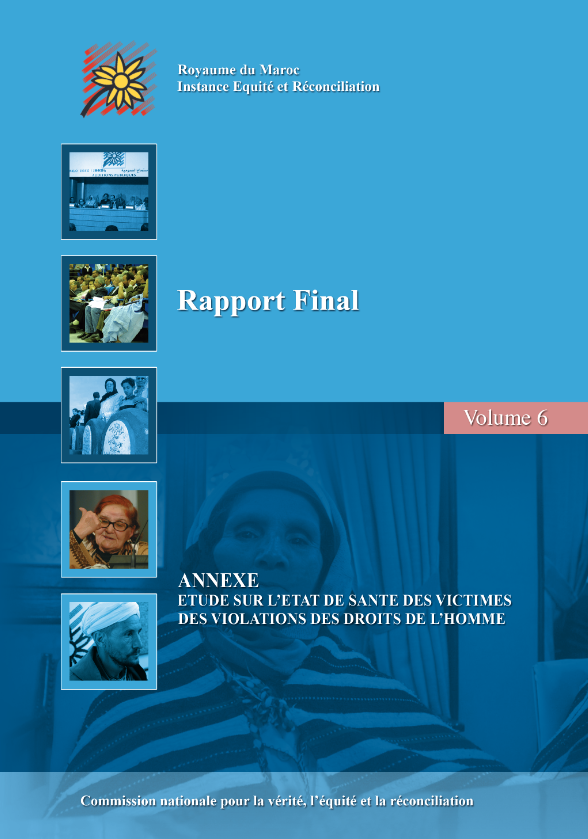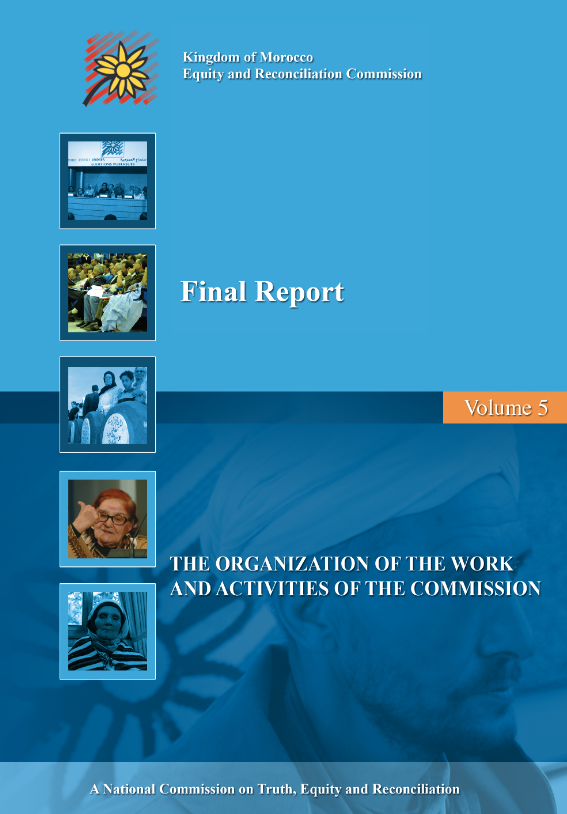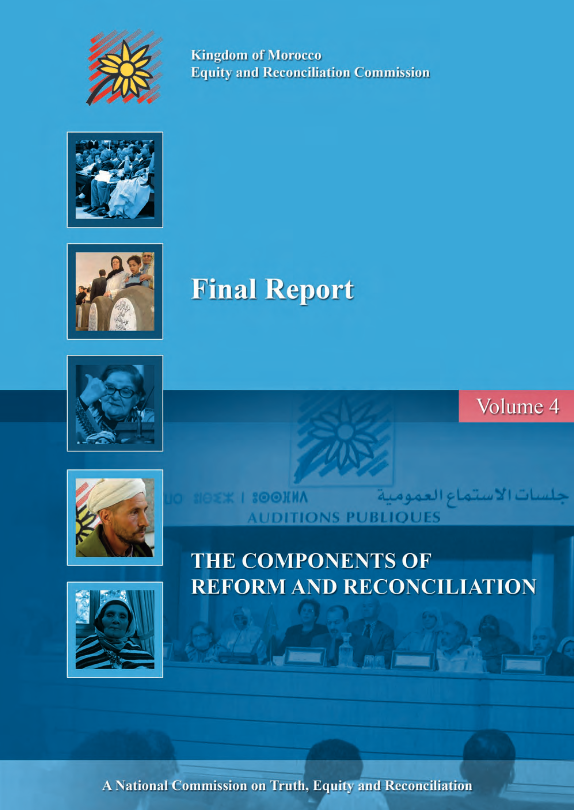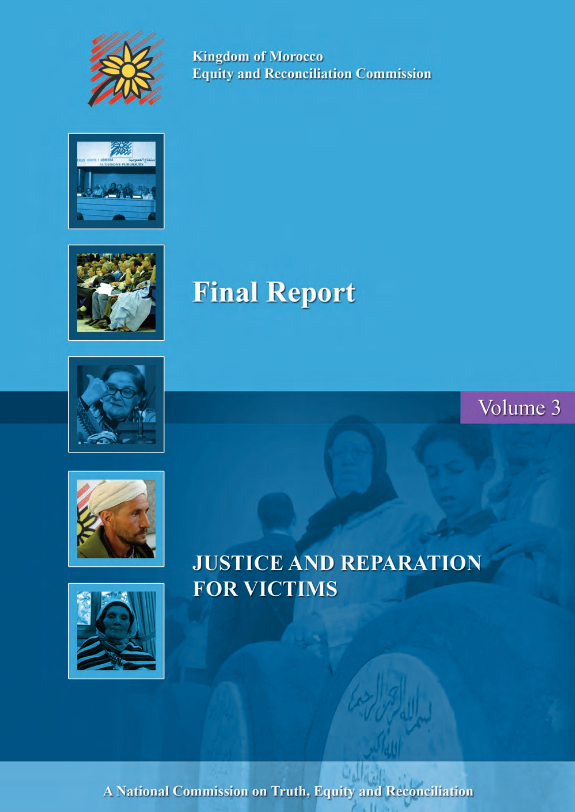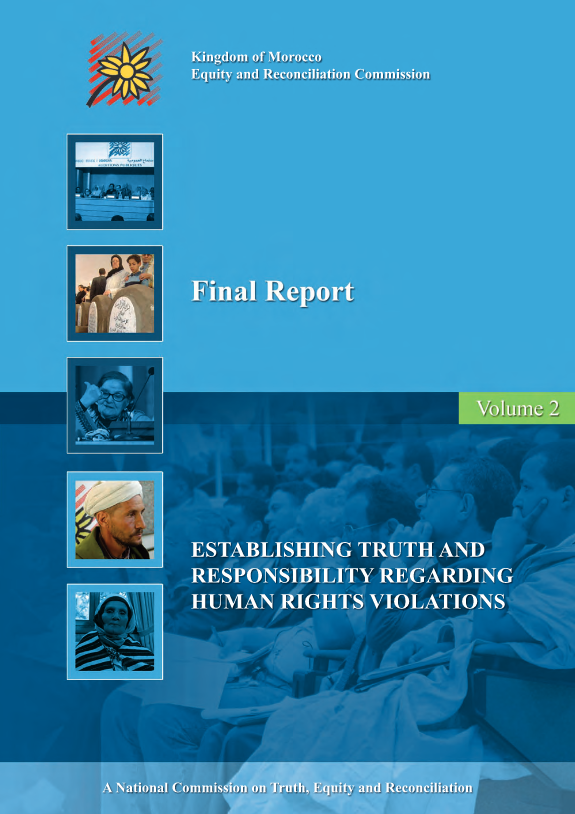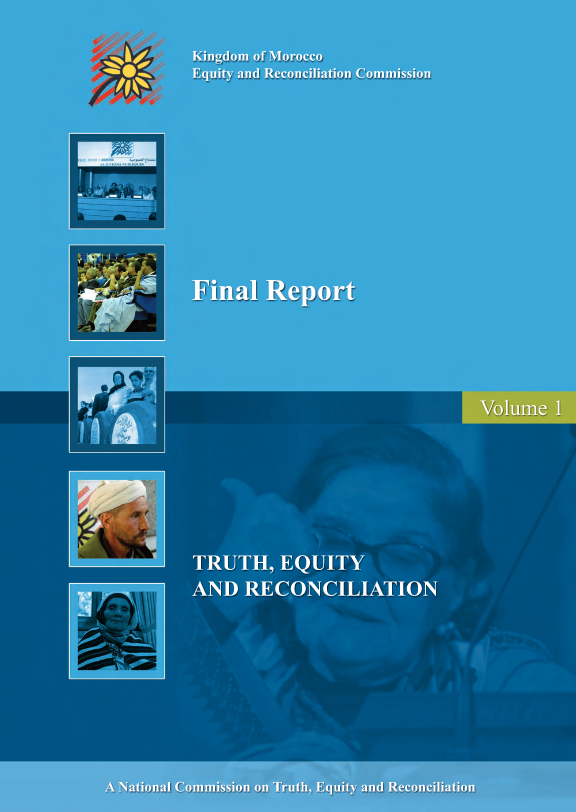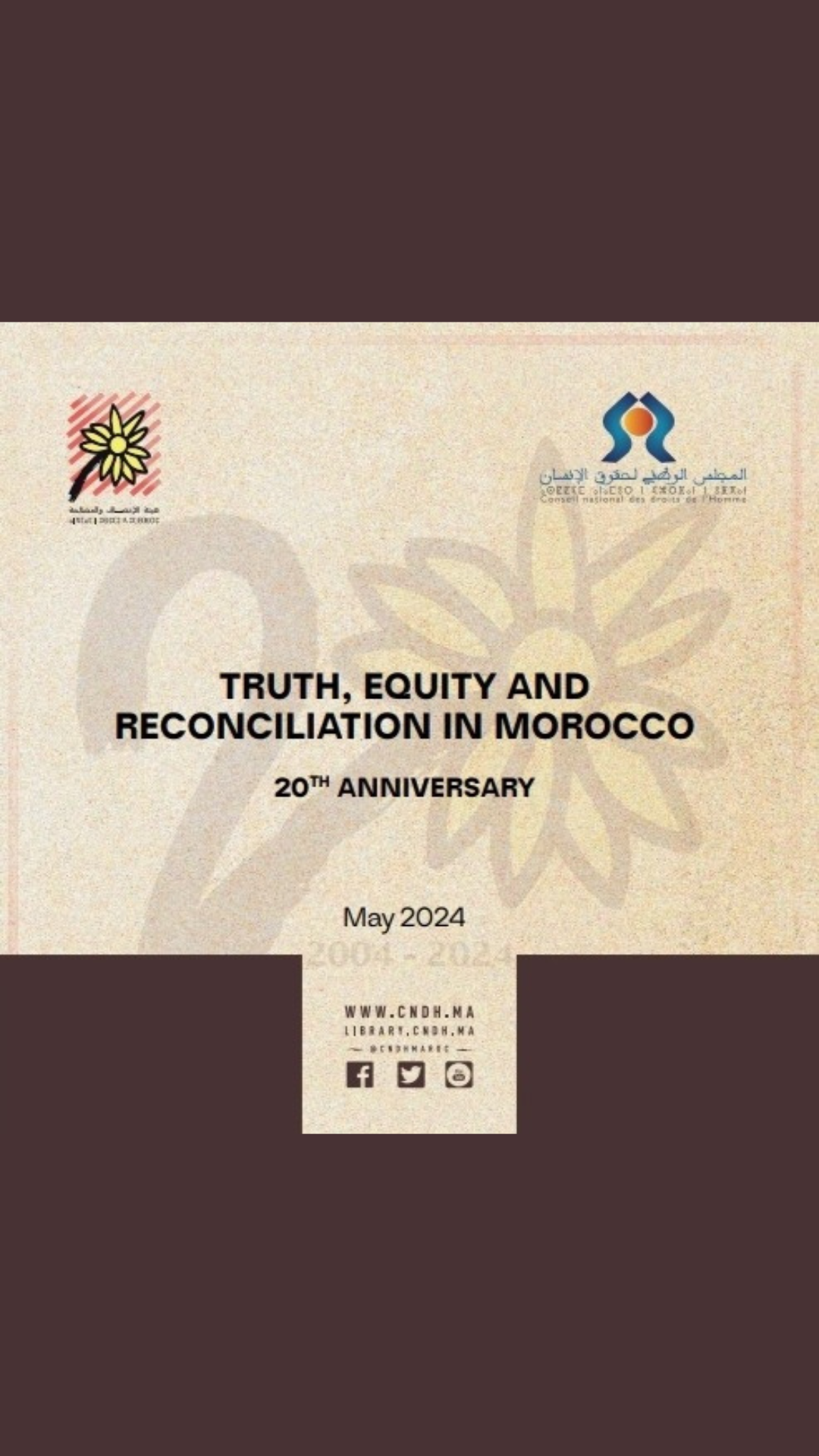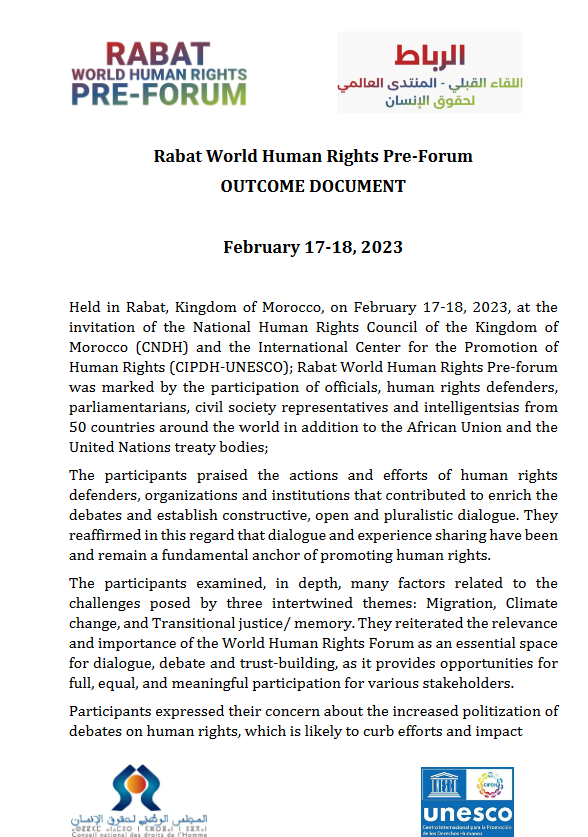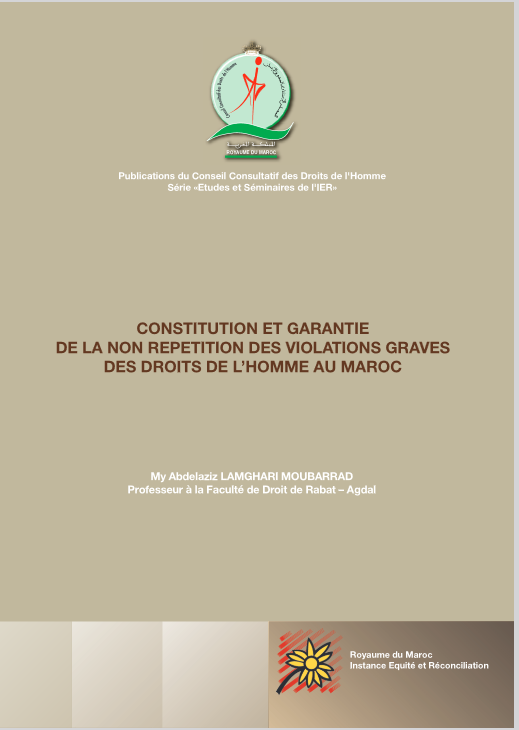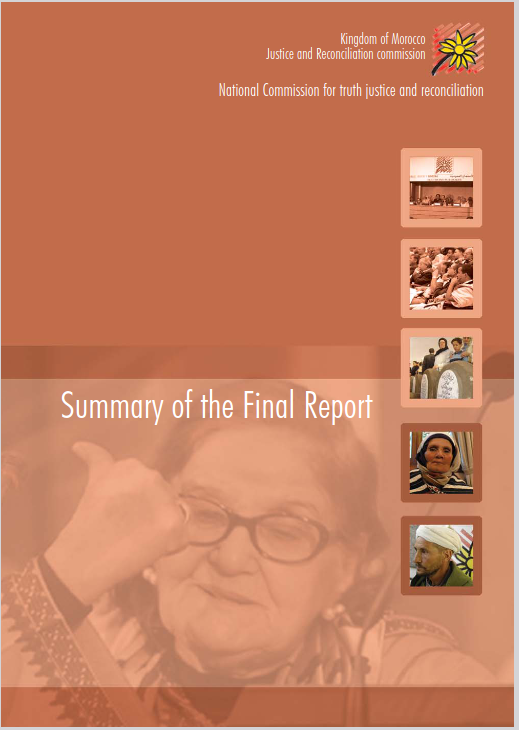
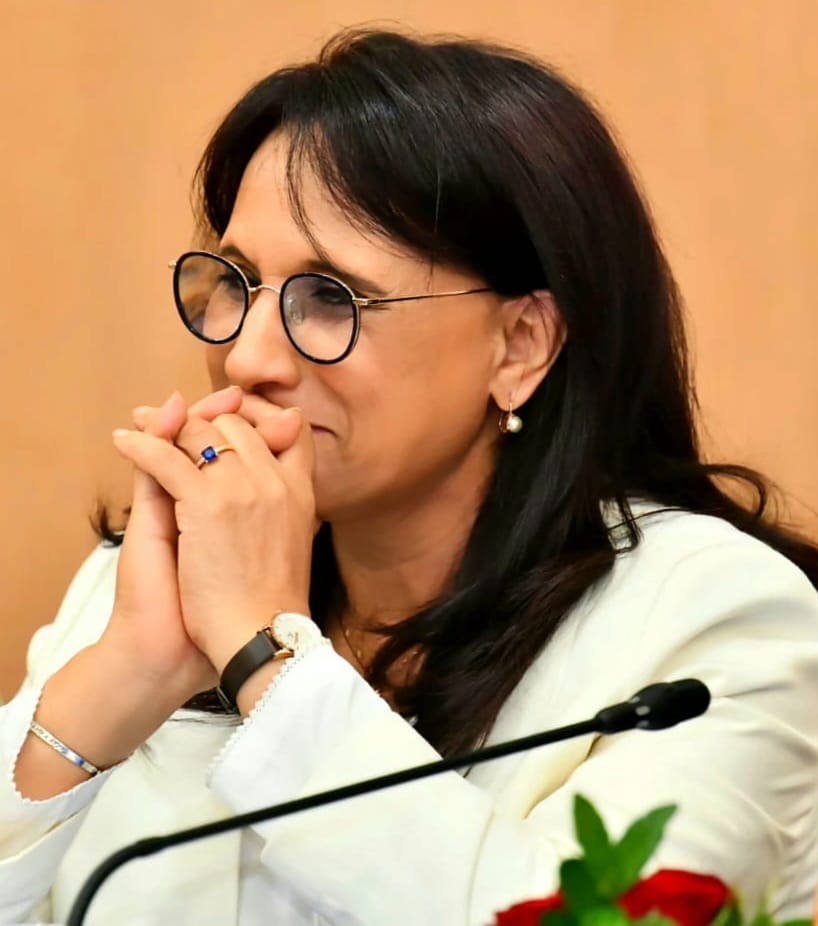
A word from Ms. Amina Bouayach
Chairperson of the National Human Rights Council (CNDH)
“The transitional phase in Morocco helped sever ties with past human rights violations and represented a juncture where the past, present and future converged, laying the foundations for democratic transformation in the country.”
This website reviews the historical origins and ongoing evolution of Morocco’s transitional justice experience. Initiated within the framework of a complex and multidimensional process which has left an enduring imprint on the country’s contemporary history, this experience offers valuable lessons relating to truth-seeking, reconciliation and democratic transformation in the aftermath of historical periods marked by serious human rights violations.
Morocco's journey in transitional justice has forged a significant connection between two key elements: transitional justice and institutional restructuring. This convergence, encompassing the resolution of past human rights violations, the provision of reparations and reforms to institutions and legislation, emerged from inclusive, multilateral discussions that defined the country's democratic transformation.
We invite you, through this website, to explore the different aspects of the Moroccan transitional justice experience and extract valuable lessons and best practices. It is crucial, however, to underscore the significance of the context that paved the way towards its emergence. This context played a pivotal role in the country's contemporary history, enabling Morocco to address past violations and achieve balance between continuity and change. This transitional phase is linked to an extensive process of reforms, with a primary focus on restructuring political institutions, enhancing governance mechanisms and protecting and promoting rights.
This transitional period marked a crucial phase in Morocco's political and social transformation, aiming to achieve justice and instill change. It should be noted that transitional periods, evolving within complex historical, political and social contexts, represent more than just a break from past violations. They serve as intricate crossroads where the past, present and future converge, laying the foundations for transformative processes at the core of democratic consolidation.
Transitional justice in Morocco emerged as a response to both internal and external developments and initiatives within the country, reflecting a collective commitment to reconstructing the societal and political fabric on new foundations. At each stage of this reconstruction, notable achievements were made, including the establishment of the Equity and Reconciliation Commission (IER), the adoption of a new constitution and the implementation of inclusive development models. Each of these accomplishments marked a step towards democratic transformation.
Initial perceptions about the nature and mandate of the transitional justice mechanism raised complex questions on means to ensure a balance between aspirations and the social and political reality, address the harm suffered by victims of past human rights violations and develop a collective memory that authentically reflects historical facts as a form of reparation. Discussions in this regard also raised questions on the mechanism’s impact and potential challenges, including considerations of political developments and conceptual foundations, emphasizing the need for balanced and comprehensive solutions to address the diverse issues presented by the transitional justice process.
As we delve deeper into the Moroccan experience, echoing beyond national geographical and cultural borders, it becomes increasingly evident that it stands as a sound approach and a best practice with developments, impact and results that could serve as a reference for other transitional justice experiences. However, it is crucial to consider the factors inherent in each context where transitional justice experiences unfold.
Developments in the Moroccan experience align with national priorities and concerns, with a particular focus on economic and social rights, gender issues and memory preservation as foundational pillars. This website reviews data and information related to these aspects, casting light on the overall outcomes of this unique experience.
We believe that the Moroccan experience has demonstrated that reconciliation is not merely an abstract concept easily realized on the ground; rather, it is a prolonged journey demanding will, commitment and perseverance. This journey extends beyond addressing immediate issues and requires a sustained effort. It is essential to note that the IER’s endeavors went beyond resolving past problems; they laid the groundwork for an ongoing transformation that left a lasting impact on the Moroccan political landscape. This transformative process enriched collective memory and bolstered citizen participation in the democratic process.
The establishment of the IER was part of a sustained and inclusive process, representing a voluntary initiative aimed at addressing past human rights violations. It is the fruit of discussions involving various stakeholders in Morocco, including civil society activists, victims and their families. Notably, the Commission operated according to a transparent and participatory approach. The effectiveness of this approach is exemplified by the significant public interest in the broadcast of its sessions on national media during prime hours, to the extent that during these broadcasts, the streets appeared nearly deserted as Moroccan citizens tuned in. This approach played a crucial role in fostering dialogue among concerned parties and creating a conducive environment for building trust and achieving reconciliation.
The IER was structured to align with the national context of that period, taking into account the opportunities and challenges it presented. The pivotal factors contributing to its effectiveness included strong political will, well-defined foundations and independence.
In 2006, His Majesty King Mohammed VI tasked the Advisory Council on Human Rights (currently the National Human Rights Council) with following up on the implementation of the IER’s recommendations on reparation, financial compensation, social reintegration, resolution of administrative and financial issues and health coverage. It is noteworthy that the Council continues to carry out this responsibility, adapting to evolving circumstances.
In 2020, for instance, we restructured the committee in charge of implementing the IER’s recommendations, and in 2021, we established a Memory Preservation Unit. We also continue monitoring developments in the fields of forensic medicine and genetic analysis to address outstanding cases, with the latest measures in this regard implemented in 2023.
By presenting a comprehensive review of the Moroccan experience in transitional justice, we aim to position this website as a source of insights and data. It is intended to inspire societies engaged in the journey of democratic development and renewal, while also contributing to the enrichment of academic knowledge in the field of transitional justice.
Amina Bouayach
CNDH Chairperson
Key Milestones
- 1990
- 1999
- 2001
- 2003
- 2004
- 2006
- 2009
-
May 8, 1990
- Establishment of the Advisory Council on Human Rights (CCDH).
-
April 2, 1999
- The Advisory Council on Human Rights (CCDH) submits a memorandum to His Majesty King Mohamed VI recommending the establishment of an Arbitration Commission.
-
August 17, 1999
- His Majesty the King Mohammed VI announces the establishment of the Independent Arbitration Commission.
-
September 14, 1999
- The Independent Arbitration Commission publishes its Rules of Procedure.
-
31 December 1999
- Due date for submitting compensation requests.
-
April 10, 2001
- Publication of Decree No. 1-00-350 on the CCDH's reorganization, reinforcing its mandate and enhancing its pluralism and independence in line with the Paris Principles.
-
July 14, 2003
- Conclusion of the Independent Arbitration Commission's mandate.
-
January 6, 2004
- The Independent Arbitration Commission presents its report before His Majesty the King.
-
January 7, 2004
- His Majesty the King proclaims the establishment of the Equity and Reconciliation Commission (commonly known by its French acronym, IER).
-
January 6, 2006
- His Majesty the King delivers a speech to mark the conclusion of the IER's mandate.
- Presentation of the study on human development in Morocco.
- His Majesty declares the decision to make public both the final IER report and the study on the outcomes and prospects of human development in Morocco.
- His Majesty the King delivers a speech to mark the conclusion of the IER's mandate.
-
April 6, 2006
- His Majesty the King meets with the IER members, commands the publication of the Commission's final report and tasks the Advisory Council on Human Rights with following up on the implementation of its recommendations.
-
December 2009
- Publication of the first report of the Committee in charge of following up on the IER's recommendations.

